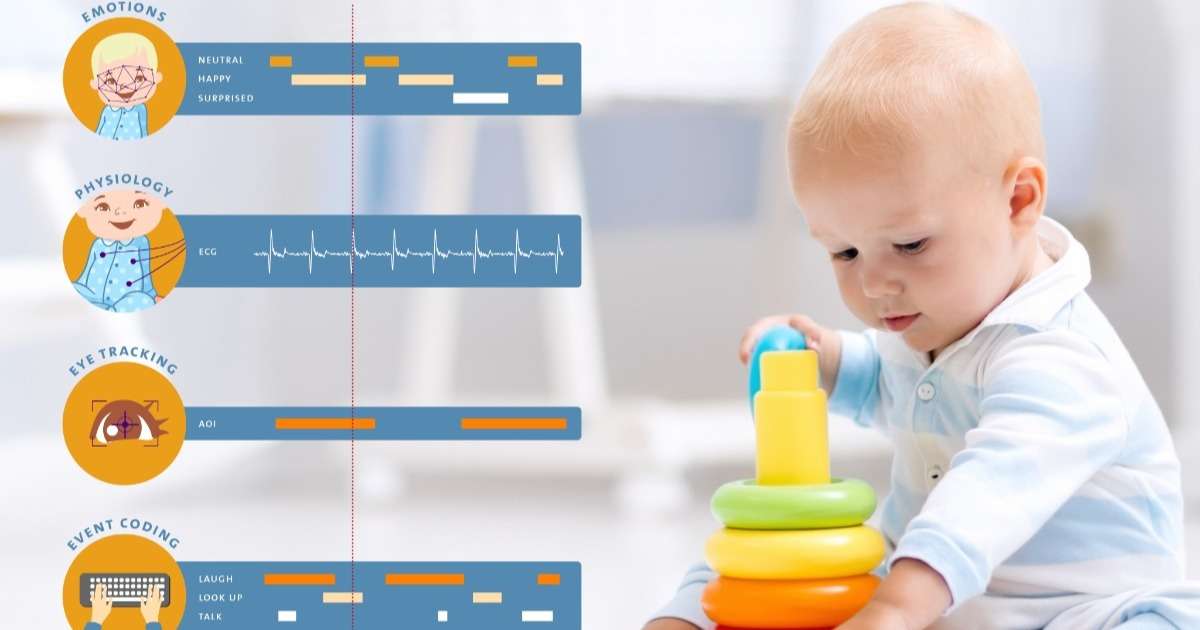
How the ability to manage emotions shapes perception of risk
Can our ability to recognize and control our emotions determine how dangerous we perceive certain hazards to be and whether or not we think we are at risk?

How music affects children’s development
Researchers dove deeper into building an understanding of the relationship between music and emotions and how music affects children’s development.

5 tips on how to measure facial expressions
It may sound very simple, but recording video and playing it back enables more detailed analysis of facial expressions. 5 useful tips on how to measure facial expressions!

Must-see TED Talks on emotions
Emotions are fundamental in understanding human behavior. Do you want to get a better understanding of emotions? We’ve put together a list of must-see TED Talks on emotions.

5 examples of infant studies
Researchers perform infant studies to properly monitor and understand all kinds of development factors. In this blog post, five examples of infant studies are highlighted.

How does communication with strangers develop?
Various factors contribute to shaping social-emotional developmental trajectories, such as familiarity of the interaction partner, the child’s age, but also individual predispositions, such as temperament.

The relevance of emotions on the evaluation of a transactional website
A UX test is a method of evaluating a product or service by having users test it. Researchers studied how emotions influence opinions about a website by conducting UX tests.

How to build a consumer behavior research lab?
In order to get off to a good start, it is best to describe the research or tests that are going to be performed in detail.

Anxiety and Autism
The EU-AIMS and AIMS-2-TRIALS projects have carried out some interesting studies teasing out the causes of anxiety in children with autism.

The influence of ad-evoked emotions on brand attitudes
Can brand authenticity generate positive emotions among consumers and turn into a positive brand attitude?
